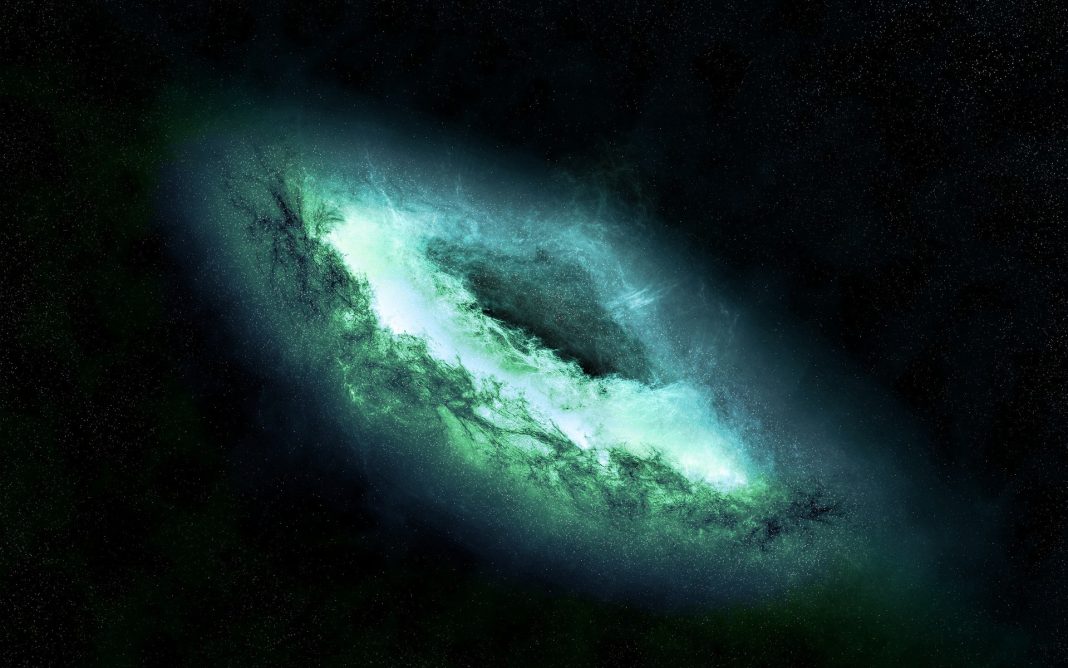Whilst studying type 1a supernovae, a type of supernova that is created by a white dwarf star explosion, Adam Ries, Saul Perlmutter, and Brian Schmidt discovered that the universe is expanding at a steady, growing rate, work that won them a Noble prize in 2011.
Although the scientists made similar discoveries they worked on two separate teams, the High-Supernova Search Team from Australia and the Supernova Cosmology Project from the United States. In their studies, both teams came to the same conclusion based on their observations that the objects furthest from the supernova were traveling faster than the supernova itself. Within weeks of each other, they made their announcements.
Astronomers calculate relative distance and speed by watching many different supernovae and far away space bodies. From Earth, the edges of a supernova have the same light as the center and as it subtly changes color it’s speed is revealed.
If the universe was created with the Big Bang, then shouldn’t everything is slowing down? Many theories have been proposed to try to explain this inconsistency, including a popular theory supposing that it’s dark energy forcing the universe outward at increasing speeds. Yet proving the existence of dark energy has been difficult and therefore no movement has been made regarding this theory. Supposedly the universe can be as much as 74% dark energy, a force that repels gravity. It sometimes called “the most profound problem” in physics. A number of scientists even question if it exists in the first place.
Recently, Qingdi Wang and Zhen Zhu, Ph.D. students at the University of British Columbia, have been working on a new theory that’s turning physics on its head. Working under the supervision of Professor Bill Unruh, a physicist, and astronomer, they submit that space and time fluctuate throughout the universe, expanding in many directions, not just one, and sometimes even contracting instead of expanding.
At they same time, Wang and Zhu are trying to reconcile a fundamental inconsistency between Einstein’s theory of general relativity and quantum mechanics. They start by saying dark energy, if it exists, will probably be vacuum energy. Although we mostly think of vacuums as being empty space, quantum mechanics states they actually contain a large amount of dense energy.
While in general, the universe is expanding slowly, the actuality that it’s getting faster is a major concern that the field of physics must grapple with. Other attempts to explain it have altered quantum mechanics or general relativity bending their rules to fit with this issue. However, both these principles already work well in their current state. Wang and Zhu used a different strategy against the problem. They started with the idea that quantum mechanics is correct: there is a large amount of density present in a vacuum.
Therefore, they created calculations to express this amount of vacuum energy and added it into the whole, resulting in an entirely different conceptualization of our universe. Instead of moving outward at a set rate starting from the Big Bang, it fluctuates from point to point.
“Space-time is not as static as it appears, it’s constantly moving,” suggests Wang. While it’s contracting in place, it’s expanding in others and the two effects almost nullify each other. In the end, the universe expands, at a slow speed, but in such a way that it gets faster over time.
So why don’t we notice this constantly moving space? Wang says, “This happens at very tiny scales, billions and billions of times smaller even than an electron.” And Prof. Unruh compares the fluctuating to ocean waves. “They are not affected by the intense dance of the individual atoms that make up the water on which those waves ride,” he explained. We’re all riding this huge universal wave and we never feel we’re moving at all.
More News to Read
- Does Nuclear Physics Hold the Key to Finally Unfolding the Standard Model?
- Scientists Propose a New Planetary Object That Could Change Everything
- Getting to Know Black Holes: The Universe’s Best Killers
- Tabby’s “Alien-Megastructures” Star Had Begun to Dim Again
- Uncovering and Understanding Newly-Found Supernovas











